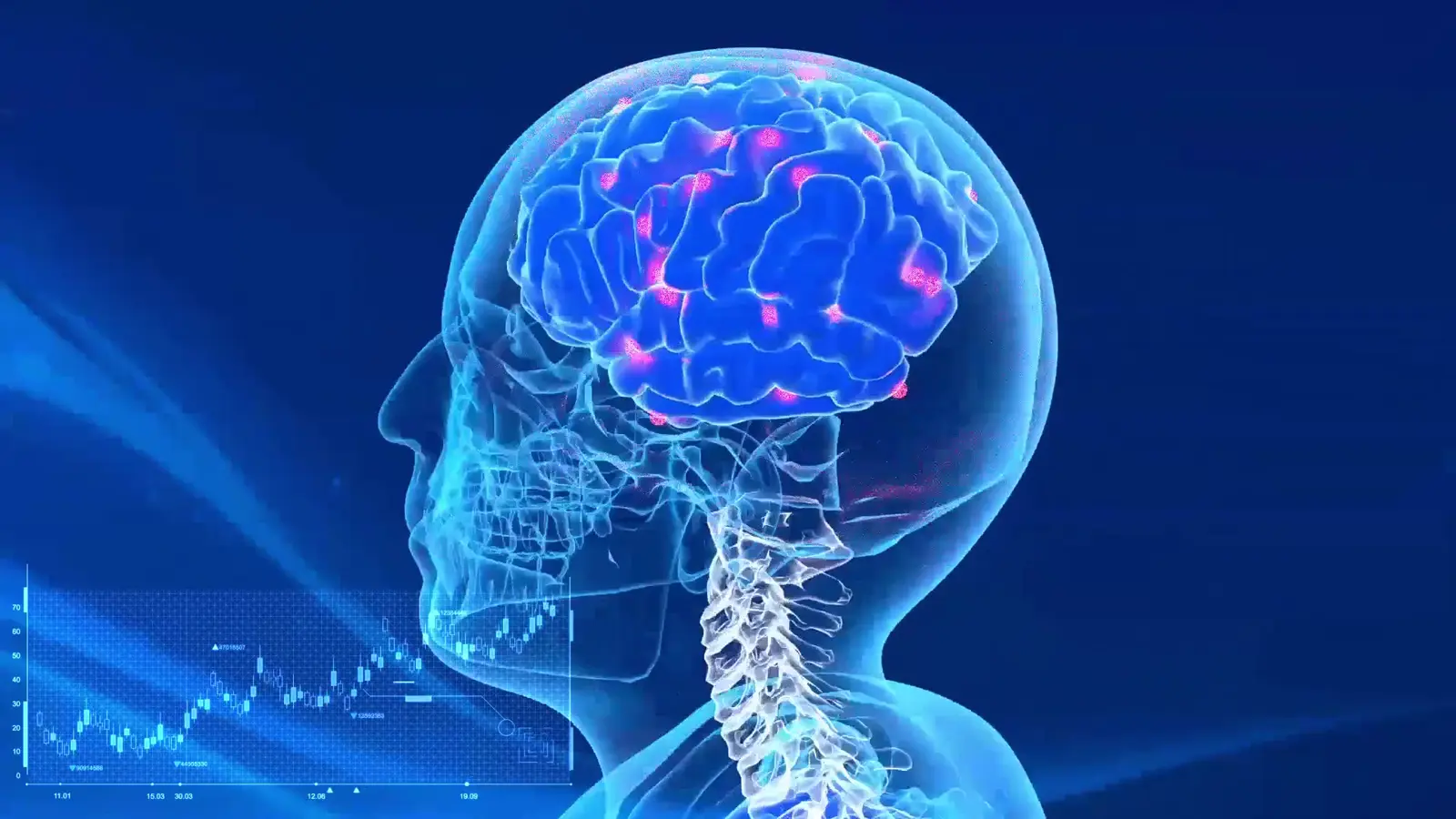Calls for Ukraine
Calls for Europe
Calls for USA

A new study conducted by scientists at Johns Hopkins University has found traces of hepatitis C virus (HCV) in the brain lining of people with schizophrenia and bipolar disorder. This discovery may help explain the possible link between viral infections and mental illness.
Previously, experts had noted a correlation between certain mental disorders and viral infections, but there was no direct evidence of the presence of viruses in the human brain. In the new study, scientists analyzed postmortem brain tissue samples from patients diagnosed with schizophrenia, bipolar disorder, and severe depression, as well as a control group of healthy individuals.
The researchers paid particular attention to the choroid plexus, a structure responsible for producing cerebrospinal fluid. This fluid protects the brain from damage, removes metabolic waste products, and regulates metabolism. The choroid plexus is known to be a target for viruses, so scientists hypothesized that traces of infection could be found there.
Using a sequencing method that can detect more than 3,000 different viruses, the researchers found fragments of the genomes of 13 viruses in the choroid plexus. The most significant link was found between the hepatitis C virus and diseases such as schizophrenia and bipolar disorder.
To confirm the results, the scientists also analyzed the TriNetX database, which contains the medical records of 285 million patients. It turned out that HCV is found in 3.5% of patients with schizophrenia and 3.9% with bipolar disorder — almost twice as often as in people with severe depression (1.8%) and seven times more often than in the control group (0.5%).
Interestingly, no viruses were found in the hippocampus, the area of the brain responsible for memory and emotions. This suggests that the brain’s protective mechanisms prevent the penetration of pathogens in most cases. However, patients with HCV in the vascular plexus showed changes in the expression of hippocampal genes, which may indicate an indirect effect of the virus on brain function.
The authors of the study emphasize that the hepatitis C virus is not the only factor in the development of mental disorders, and not all patients with schizophrenia or bipolar disorder are infected with HCV. Nevertheless, the discovery offers hope for new treatments.
“Our data show that in some people, mental symptoms may be associated with infection. Since hepatitis C is treatable, antiviral drugs may help such patients by reducing or eliminating the manifestations of mental disorders,” says neuroscientist Sarven Sabounchian, one of the study’s authors.
Please rate the work of MedTour
